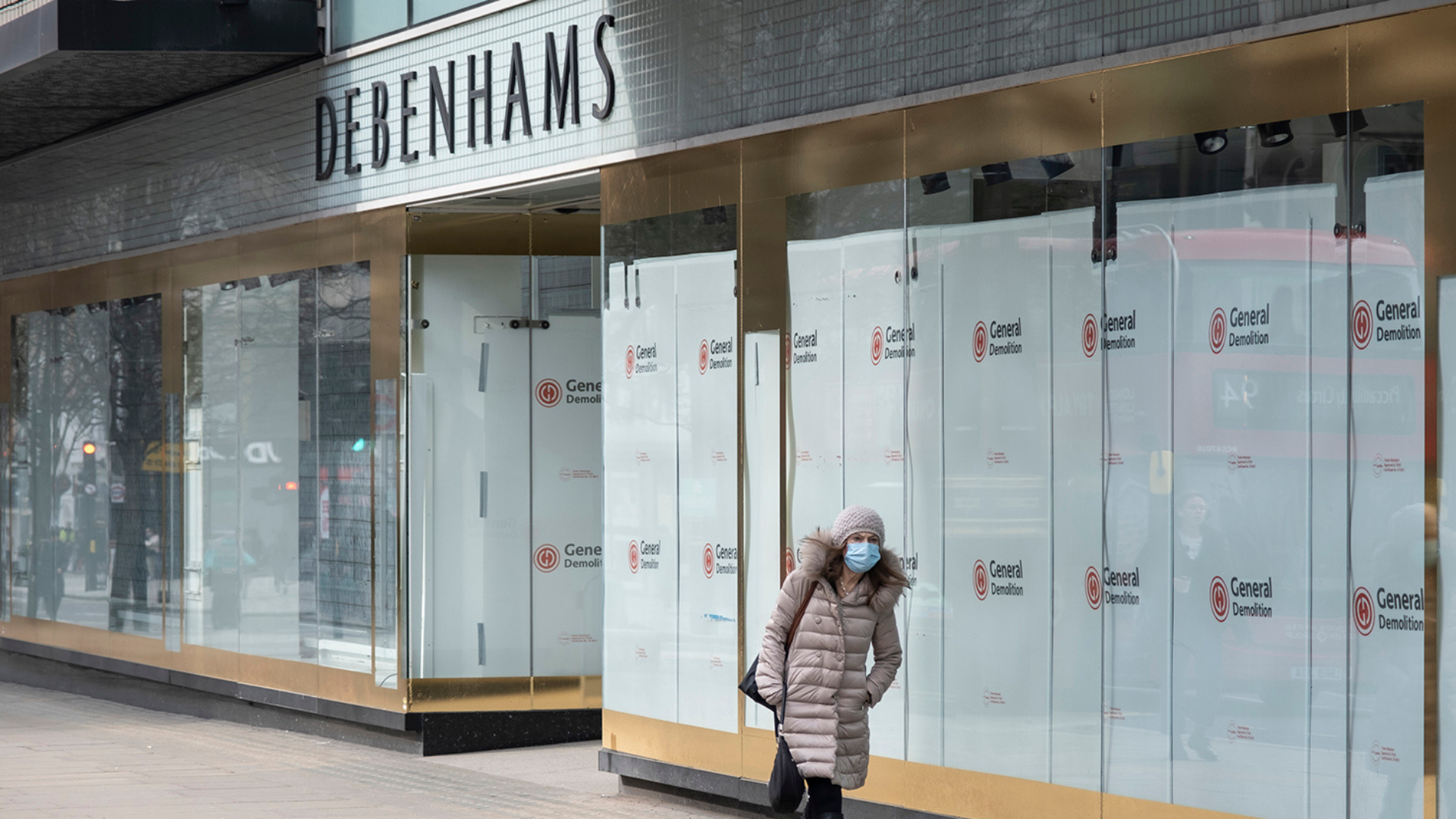Covid has changed the way we think about many things and the high street is no different. Following a year in which online jumped to 36 per cent of overall retail sales and the collapse of chain retailers gathered furious pace, no one believes retail can form the backbone of the high street any longer.
The future of the high street will be more civic than commercial, rooted in public services, community use, housing and workspace as much as retail, leisure and hospitality.
For that future to emerge, we need change in two important areas.
Support The Big Issue and our vendors by signing up for a subscription.
First, we need greater support for small and independent local businesses, social enterprises and community businesses on the high street. We need to ensure that they come through the pandemic and have opportunities in recovery as they offer the diversity and local difference that can help rebuild our town centres. Research by the London School of Economics published by Power to Change last year demonstrated that community businesses add diversity to town centres which drives footfall and helps build local identity, whether that’s a workspace, makers’ space, arts centre or community hub.
Encouragingly, large-scale owners of high-street properties are recognising they need to do something different or their business model won’t survive. With 40 per cent more retail capacity than we need, they must find ways to get new businesses into their shops and shopping centres. New types of leases from turnover leases to social value leases are creating more opportunities for independent and social purpose businesses to get a foothold where they struggled in the past. L&G, for example, is providing a number of social enterprises with free space in its shopping centre in Poole, recognising that vibrant businesses draw people in, benefitting the financial sustainability of the whole centre, even if they forgo some rent.









